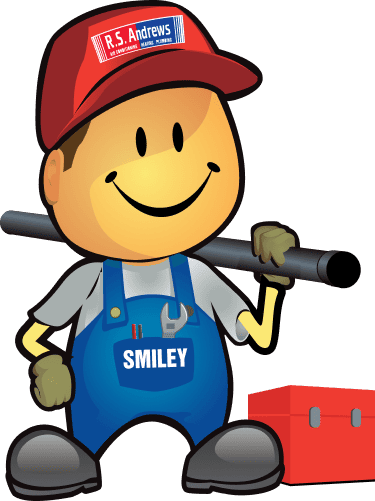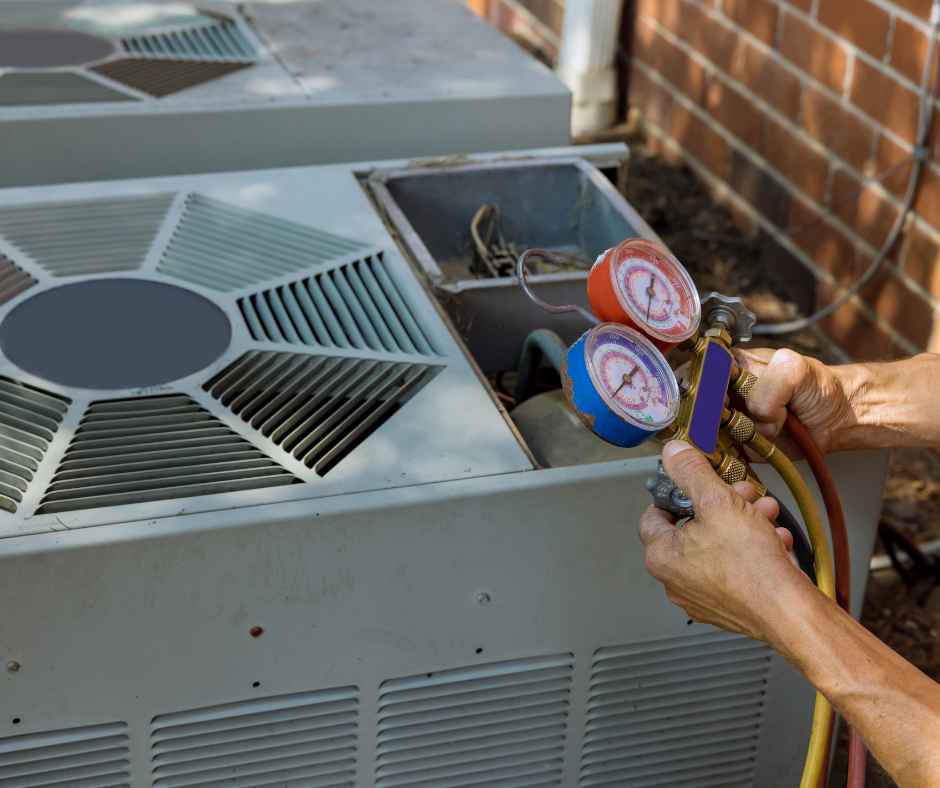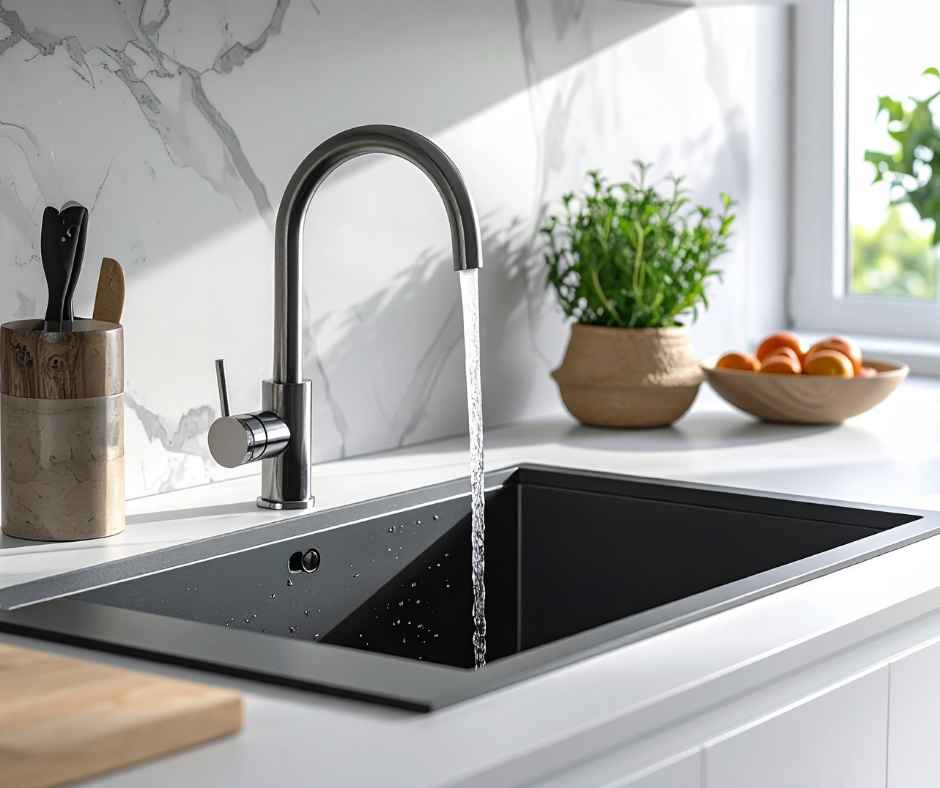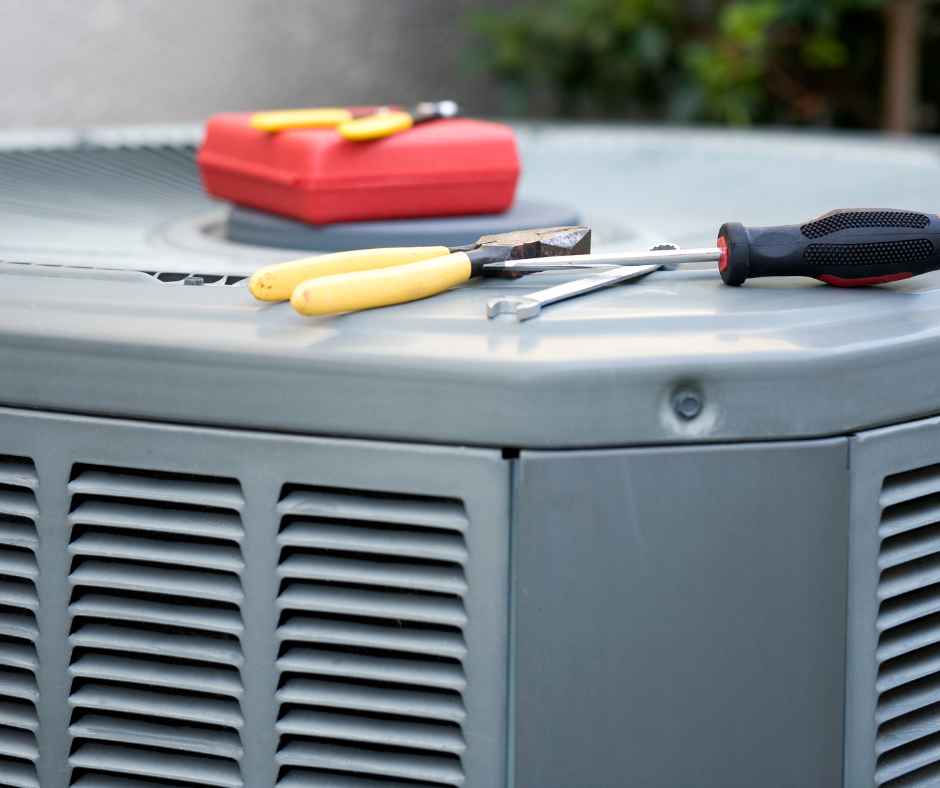Serving Bluffton, Hilton Head & Savannah
Annual Plumbing Maintenance Checklist for Homeowners
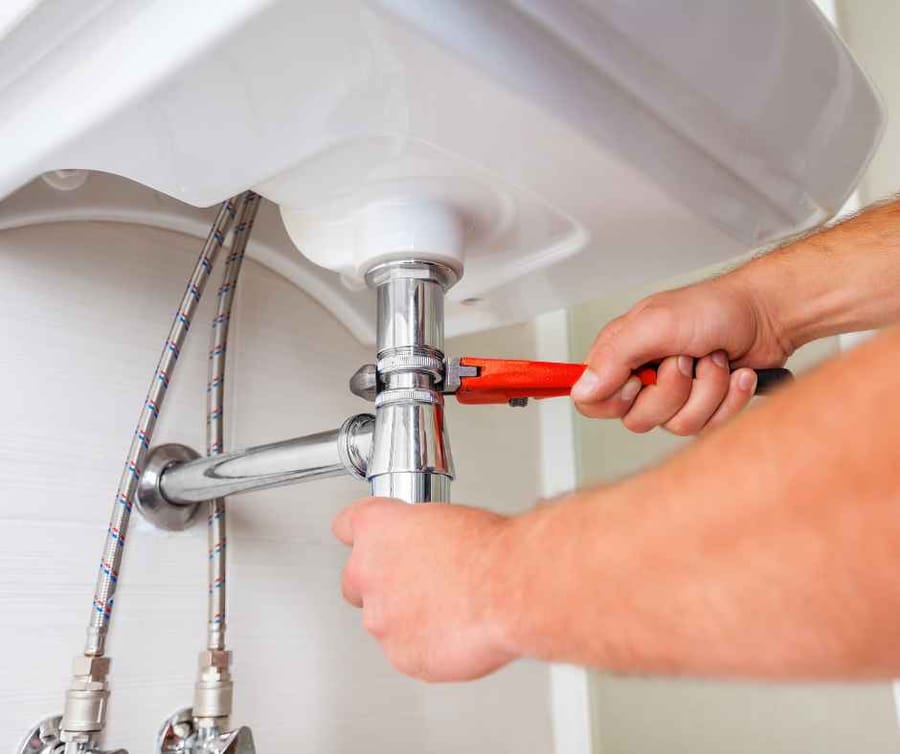
A reliable plumbing system is something most homeowners rarely think about—until something goes wrong. Unfortunately, even small plumbing problems can escalate into costly repairs if they go unnoticed or untreated. From slow leaks that damage walls and floors to sediment buildup that reduces water heater efficiency, these issues often develop quietly over time.
The good news is that a proactive approach can prevent many of these problems from ever occurring. Annual plumbing maintenance is a simple yet effective way to protect your home, extend the lifespan of your plumbing system, and avoid unexpected repair bills. It also helps ensure that everything from your faucets to your water heater operates at peak efficiency year-round.
In this blog, we will walk through a detailed checklist of maintenance tasks every homeowner should complete at least once a year. By following these steps, you can catch small issues early, save money, and enjoy the peace of mind that comes from knowing your plumbing is in excellent condition.
Why Annual Plumbing Maintenance Matters
Plumbing systems work hard every day, delivering fresh water, removing wastewater, and keeping your home comfortable. Over time, wear and tear naturally occurs, and without regular attention, even well-built systems can develop costly problems. Annual maintenance helps you identify issues early and address them before they become emergencies.
Routine care also extends the lifespan of your plumbing components. Fixtures, pipes, and appliances last longer when they are inspected, cleaned, and serviced regularly. This means fewer replacements, fewer breakdowns, and more years of reliable performance from your existing system.
Another benefit of consistent maintenance is the reduced risk of sudden emergencies. Leaks, burst pipes, and water heater failures can cause significant damage and inconvenience, but most of these problems give early warning signs—if you know where to look. Annual inspections help catch those red flags before they turn into expensive disasters.
Finally, regular upkeep ensures your system operates efficiently, which can lower utility bills and reduce water waste. A plumbing system in peak condition benefits your home, your budget, and the environment.
Key Areas to Check During Annual Plumbing Maintenance
A thorough yearly inspection of your plumbing system covers multiple areas both inside and outside your home. Focusing on these key points will help you identify potential problems before they escalate and ensure your system continues to operate efficiently.
Inspect for Leaks
Leaks are one of the most common—and costly—plumbing issues. Check under sinks, around toilets, behind appliances, and along visible pipes for any signs of moisture. Water stains on walls, ceilings, or floors can also indicate a hidden leak that needs attention.
Test Water Pressure and Flow
Water pressure that is too low can indicate buildup or blockages in the pipes, while pressure that is too high can strain your plumbing system. Using a simple pressure gauge, test your home’s water pressure to ensure it stays within the recommended range of 40–60 psi.
Maintain Drains and Garbage Disposal
Slow drains are often a warning sign of clogs forming deeper in the system. Clear minor blockages using safe, non-corrosive methods to prevent bigger problems later. For your garbage disposal, clean it regularly using a combination of ice cubes and vinegar or baking soda to freshen it and remove buildup.
Flush the Water Heater
Sediment buildup in your water heater can lower efficiency and shorten its lifespan. Flushing the tank once a year helps remove debris, improves heating performance, and reduces energy costs. While you’re at it, check for rust, leaks, or unusual noises that could signal a bigger problem.
Check Outdoor Plumbing
Outdoor faucets, irrigation lines, and hose connections can develop leaks or damage, especially after winter. Inspect for drips, cracks, or loose fittings, and replace worn washers or seals. If you live in a cold climate, make sure these components are properly winterized before freezing temperatures arrive.
Simple DIY Maintenance Tasks
While some plumbing maintenance tasks require professional tools and expertise, there are several simple jobs most homeowners can handle on their own. These small efforts can make a big difference in the overall health of your plumbing system.
Cleaning faucet aerators is a quick way to improve water flow and remove mineral buildup. Unscrew the aerator from the faucet, rinse it thoroughly, and use a small brush to clear away any debris before reattaching it. Doing this once or twice a year can keep your faucets running smoothly.
Adding pipe insulation to exposed plumbing—especially in basements, garages, or crawl spaces—helps protect against freezing in colder months and can also improve hot water efficiency. Foam pipe sleeves are inexpensive, easy to install, and provide lasting protection.
Checking appliance hoses for wear or damage is another important step. Look for cracks, bulges, or leaks in hoses connected to your washing machine, dishwasher, or refrigerator’s water line. Replacing worn hoses promptly can prevent water damage and unexpected failures.
By incorporating these simple tasks into your yearly routine, you can help reduce the risk of major plumbing problems and extend the lifespan of your fixtures and appliances.
When to Call a Professional
Even with a solid maintenance routine, there are certain tasks that are best left to an experienced plumber. A professional inspection once a year ensures that every component of your plumbing system is checked thoroughly, including areas you might not be able to access yourself.
Some maintenance jobs require specialized tools or knowledge to be done safely and effectively. For example, servicing a water heater beyond basic flushing—such as replacing anode rods or diagnosing internal issues—should be handled by a professional to avoid damage and ensure proper operation.
Repairs that involve opening walls, working on main water lines, or dealing with sewer systems also fall into this category. Not only can these projects be complex, but they may also require permits and must meet local building codes. Attempting them without the right expertise could lead to bigger problems and higher repair costs.
By partnering with a trusted plumbing professional for these more complex tasks, you gain peace of mind knowing your system is in expert hands and that all work is done to the highest standards.
Conclusion: Protect Your Home With Annual Plumbing Maintenance
Taking time each year to inspect and maintain your plumbing system is one of the smartest investments you can make as a homeowner. Regular maintenance not only prevents costly emergencies but also extends the life of your fixtures, pipes, and appliances. By following a checklist, you can catch small problems early, improve system efficiency, and protect your home from water damage.
While there are plenty of simple tasks you can handle on your own, a professional inspection ensures nothing gets overlooked. Combining your efforts with expert service gives you the best protection against unexpected breakdowns and expensive repairs.
If it has been more than a year since your last plumbing check-up, now is the perfect time to act. R.S. Andrews offers thorough plumbing maintenance services designed to keep your system in peak condition year-round. Contact us today to schedule your annual inspection and enjoy the confidence that comes with a well-maintained home.
Heater on the fritz? Frustrated with plumbing problems? R.S. Andrews is just a call away!
